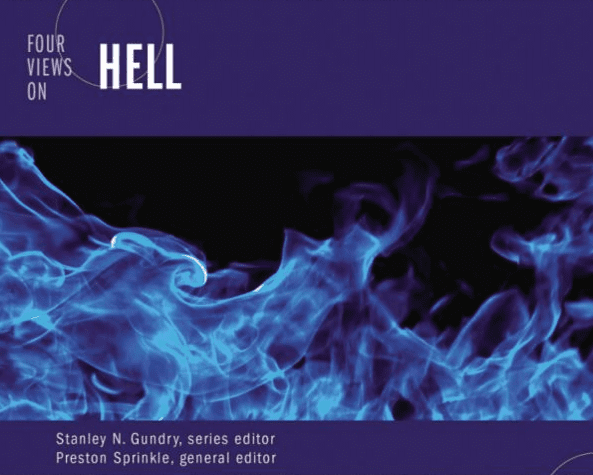So what does “fire” mean in the Bible? When it comes to hell and eternality, fire comes up often. Sharon Baker, in her new book (Razing Hell: Rethinking Everything You’ve Been Taught About God’s Wrath and Judgment), sketches what the Bible says and comes to this conclusion:
 Fire purges, fire destroys, but fire does not go on endlessly; once it does it’s task, it’s over. Fire comes from God because God is fire. The intent of fire is burn things up, to consume — and when it comes to sin, it purges and burns it up and destroys it. (She roots this all in scriptural passages, like Mal 3:3-3; 4:1; Isa 6:6-7; Num 31:23; 1 Pet 1:7 and also Exod 3:2-3.) Here is an important text to consider in this purgatorial nature of fire:
Fire purges, fire destroys, but fire does not go on endlessly; once it does it’s task, it’s over. Fire comes from God because God is fire. The intent of fire is burn things up, to consume — and when it comes to sin, it purges and burns it up and destroys it. (She roots this all in scriptural passages, like Mal 3:3-3; 4:1; Isa 6:6-7; Num 31:23; 1 Pet 1:7 and also Exod 3:2-3.) Here is an important text to consider in this purgatorial nature of fire:
1 Cor 3:11 For no one can lay any foundation other than what is being laid, which is Jesus Christ. 3:12 If anyone builds on the foundation with gold, silver, precious stones, wood, hay, or straw, 3:13 each builder’s work will be plainly seen, for the Day will make it clear, because it will be revealed by fire. And the fire will test what kind of work each has done. 3:14 If what someone has built survives, he will receive a reward. 3:15 If someone’s work is burned up, he will suffer loss. He himself will be saved, but only as through fire.
Baker sees “hell” as God’s purging love; it’s like Zacchaeus coming face to face with Jesus.
Before we go further, what do you think is the strongest evidence for the traditional view of hell? (Doesn’t matter if you accept that traditional view, what do you think is the strongest evidence?)
The wrath of God is to turn humans over to their sins [frankly, this all strikes me as having a retributive element to it]. So, too, God’s wrath is purgatorial. Wrath then is both being handed over to our sins and then in the judgment the experience of God’s purifying flames of love. Which means we have to face this question:Why be a Christian now if all people will be purged of their sins at the judgment?
But all humans, at the judgment, will get to decide on accepting the purging graces of God or not. Why wouldn’t God give people a choice then too? Is not the God of the Bible a God of “second chances”? That’s the orientation of Baker’s study.















